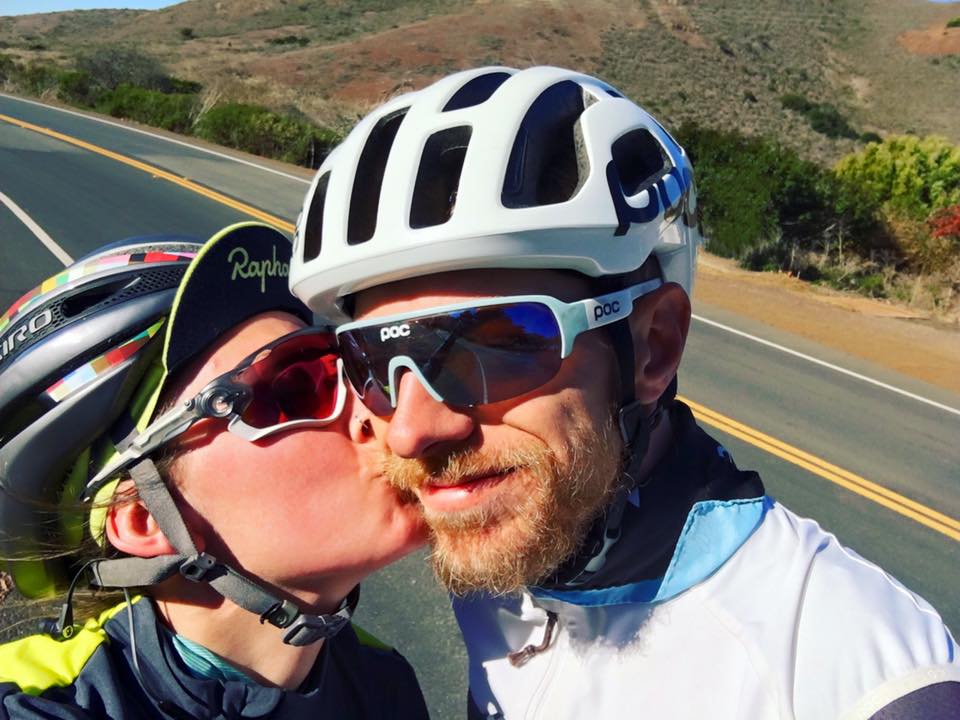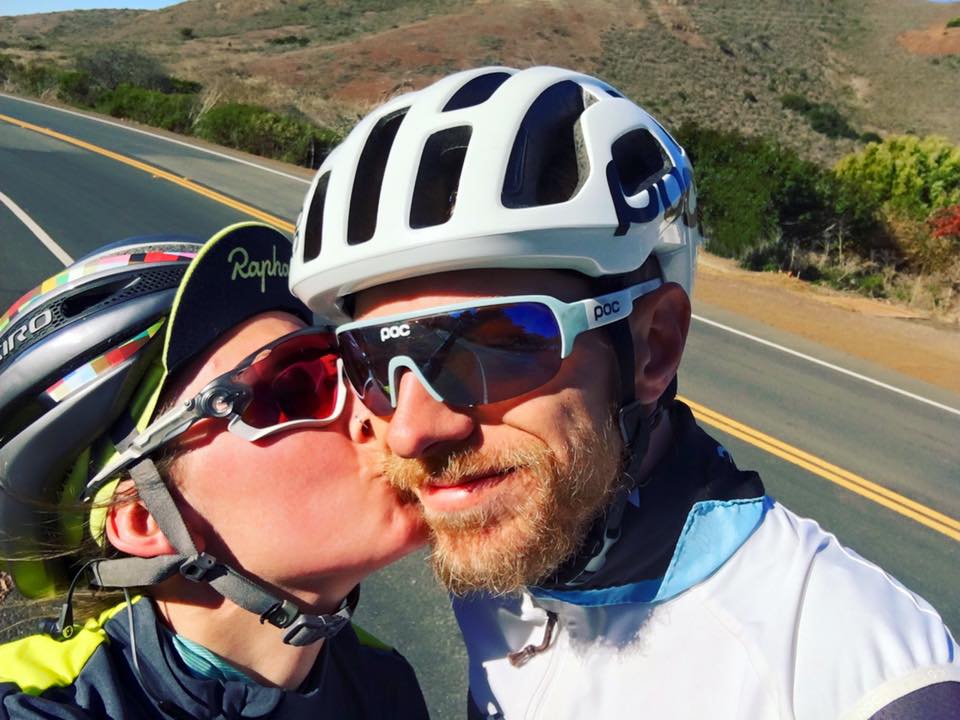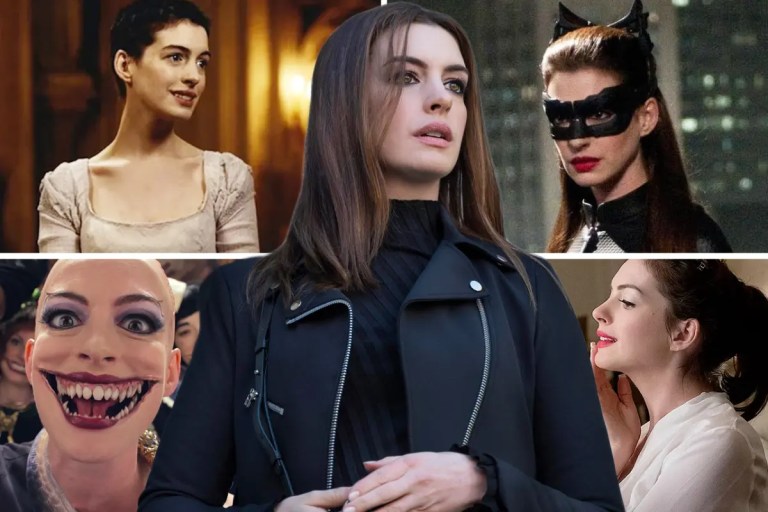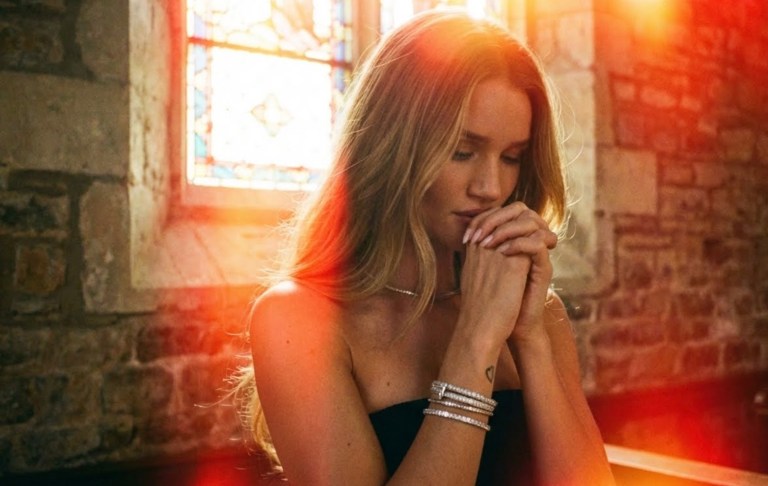
Ring Or No Ring, I Just Need You In My Life

“I want you to propose,” I said to him, so direct it surprised him. So direct it surprised me.
Marriage had come up with us before, but often within the conversational framework of contracts. I wasn’t interested in buying a house before we were married. Nor was I interested in co-owning any vehicles without that piece of paper. And when he asked me that evening if I’d considered domestic partnerships because of the insurance benefits, I made myself clear. Overall, our views on marriage were similar in that we both saw it as something we would, as individuals, do and do once. But we approached it differently. He wanted to be absolutely certain. I was flummoxed at how, after a year, he wasn’t. Both my maternal grandparents and my parents had been married within three months of their first dates. I grew up with the presumption that knowing if someone was right for you was the easy part. The rest would be hard work either way. So the investment to me was the contract. But to him, the contract came after building a life together. He’d asked me to move in before he’d even told me he loved me. I, exasperated, kept saying, “we can’t yet,” not wanting to provoke an ‘I love you’ rather than earn it. He wanted to buy a house together, he wanted to share insurance, essentially he wanted to see if the idea had legs before agreeing to anything, and I wanted to agree to something before putting in the work.
So no. I didn’t look into domestic partnerships.
Two days later, he crashed head first into a rock wall going some 30 miles per hour—on a bicycle.
Ben is pursuing a career in professional cycling. Cycling is dangerous. And not just while racing, but also while training. You are exposed on your skinny wheels in your tight clothes on busy highways with steel monsters in a hurry to get to their desks. As Ben had said to me on more than one occasion, “crashing is part of the job.” Cycling is also, unfortunately, not very lucrative. You pursue cycling because you love it. Bottom line. And that bottom line meant having the kind of insurance that makes people afraid to call ambulances. I wanted Ben to have better insurance, to have my insurance, but I wanted the ring to go with it. So when he came into the house that day—barely able to stand, blood dripping from his nose, helmet cracked in half—he didn’t want to go to the ER. I cleaned his wounds, checked his eyes, kept him talking, and made the judgment call for him: we were going to the Emergency Room, and if it meant I paid for the groceries until he was able to pay off the medical bills, so be it.
He had four fractured vertebrae. His helmet, now useless, had saved his life. I ran my fingers over the broken seams while the doctors cautioned against cycling. Crashing is part of the job, I heard him say. The very next weekend, Ben left our small cabin in Topanga, California, to race in Phoenix, Arizona, with his broken back.
I stayed home and woke up alone, save for a bulldog that was his and a tabby that was mine. I swaddled myself in my robe, the one with no tie, and I tiptoed down the stairs with the animals weaving between my feet. I turned the front burner on high, teapot filled from the night before, and I grabbed my cup and I grabbed his, out of habit, out of routine, out of this is what we do, and I had the sudden knowing of how it would feel to lose him. Because I would grab that cup, and he wouldn’t be there for coffee, then or ever. The green and white striped mugs would sit there empty because he was the one who used them, too big for my small hands.
I put the cup back on the shelf, and I let the horror film I’d imagined consume me. He had crashed before, but the ER had never been part of it. All of sudden, knowing his life could be over because of a pebble, a shard of glass, a piece of nearly nothing left on the road at just the right angle in just the right place, it broke me.
Crying over my single cup of coffee felt indulgent. Using a distress fantasy to de-stress, I was allowing myself to wonder, to feel what it would feel like to lose him, to get the phone call. And I sobbed over a coffee cup, standing alone in a house that suddenly felt very his. His knives on the wall behind me, his pots hanging over the sink, his dishes dirty in front of me, his couch and his TV, his rug, his shoes, his bike, his everything. I sank into it, drowning in an emotion I could easily stand in, just to see how long I could hold my breath.
He came home that weekend, and quiet tears found a home in his sweatshirt when I wrapped my arms around him.
It wasn’t until the following weekend that I got the phone call informing me that he was in an ambulance he could not afford. I was unloading furniture I had just bought into the house that did not feel like mine without him, and I did not cry. I grabbed a book, a sweatshirt, a snack, his favorite clothes, and a bottle of water. I fed the cat and the dog, turned off all the lights, and got in the car and went. I drove safely, with ambition, and I was tactical in my magic carpet, slipping in and out of clogged lanes, to your rescue, two and a half hours away. I sang along to country radio, knowing that singing was like screaming, and screaming releases tension. And only when traffic came to a standstill, as it often did in our city of pavement, would I cry. I cried long and hard over green and white coffee mugs, because that house was ours, and I was coming to get you.
I told a lot of stories that day. I told your friends the usual stories, the ‘it would be OKs,’ and ‘we’d laugh about this one days’. I told my friends the true stories, that this was hard, that I was scared. But I told myself the worst stories, the stories that might fester during a 70-mile drive to an emergency room without a diagnosis, the stories with emotional gore that aren’t meant to be stories at all, but nightmares told by someone else in books I would never read. I could imagine the worst and let it furrow into the cracks of my being ‘til my joints gave in and I crumpled into the havoc I’d imagined. Seventy miles in LA traffic from a house that was yours to “he’s awake, but he’s screaming” is a long while to be alone with your mind.
But the best story I told myself stuck in the truck in traffic that day was the one of how I was your wife. Because once I made it to that far away trauma room, I needed to make it to your side. So I told a story that we didn’t wear rings because we didn’t believe in it. I told a story that I had a different last name because I didn’t need to change it for you. I would say that we had married up in Tuna Canyon with the cat and the dog and our families because it seemed like that’s where you would pick to exchange vows. We would say all the same things to those doctors and nurses ‘til they believed us. “I’m his wife,” I would say sternly with threats in my teeth, and you would hear me through the doors and the walls and the curtains and the beeping and the blood and you would say, “she’s my wife.” And they’d get out of my way and I would find you without being told. And however broken and disassembled you were, our lips and our lies would fit perfectly, and I would remind you that I did in fact believe in rings, so no big ideas mister, and you would laugh even though it hurt, and I would smile even though it hurt.
I wiped my eyes in the truck one last time that day, before running across the street to the ER. I said your name to the check-in guard and he pointed me toward double doors. I said your name to the information desk and she pointed toward a metal detector. I said your name to the security officer and he pointed down the hall. I said your name to the trauma nurses and they pointed to a curtain. And I didn’t need to say I was your wife at all.
I said your name one more time. Neck in a brace, your clothes cut off you, blood everywhere, leg and arm mangled, I said your name as my lips met yours. You hadn’t needed to say I was your wife either. All you needed to say was, “you’re here,” and I slipped my too small hand into yours, feeling how your palms fit around those giant green and white mugs, and I told myself the true story of how they would hold those mugs again and again, with me, right there by your side in a house that was ours, ring or no ring, saying your name again and again and again. ![]()
Kelton Wright is a writer, a cyclist, and a cat enthusiast. She is the author of Anonymous Asked: Life Lessons from the Internet’s Big Sister.











